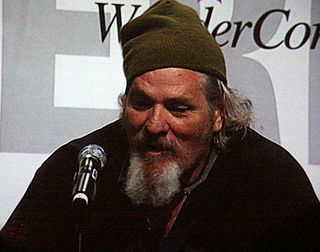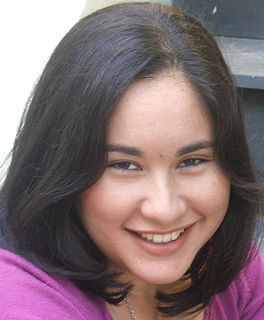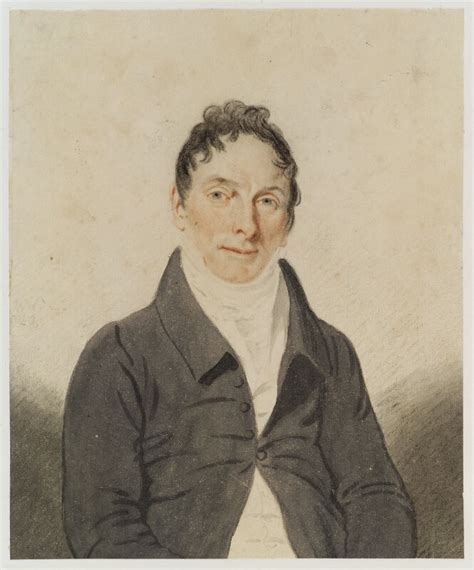A Quote by Susanna Clarke
Perhaps I am too tame, too domestic a magician. But how does one work up a little madness? I meet with mad people every day in the street, but I never thought before to wonder how they got mad. Perhaps I should go wandering on lonely moors and barren shores. That is always a popular place for lunatics - in novels and plays at any rate. Perhaps wild England will make me mad.
Related Quotes
Folk-lore means that the soul is sane, but that the universe is wild and full of marvels. Realism means that the world is dull and full of routine, but that the soul is sick and screaming. The problem of the fairy tale is: what will a healthy man do with a fantastic world? The problems of the modern novel is: what will a madman do with a dull world? In the fairy tales the cosmos goes mad; but the hero does not go mad. In the modern novels the hero is mad before the book begins, and suffers from the harsh steadiness and cruel sanity of the cosmos.
My basic political philosophy is, I ain't mad at that. Which basically means I don't have to have a strong opinion about everything. I'm too tired most of the time. Why do I have to take a stand on everything? Sometimes I'm just not mad at it. Like, What do you think about gay marriage? I ain't mad at you, you're gay and you're married: I ain't mad at you, go do it.
Cannot you tell that? Every fool can tell that. It was the very day that young Hamlet was born, he that is mad and sent into England." "Ay, marry, why was he sent into England?" "Why, because he was mad. He shall recover his wits there, or, if he do not, it's no great matter there." "Why?" "'Twill not be seen in him there. There the men are as mad as he.
There's always the danger that there are so damn many things that a playwright can examine in this society of ours - things that have less to do with his artistic work than have to do with the critical and aesthetic environment - that perhaps he does have to worry about whether or not he is writing too fast. But then also, perhaps he should worry about getting as many plays on as possible before the inevitable ax falls.
Alice tried another question. "What sort of people live about here?"
"In THAT direction," the Cat said, waving its right paw round, "lives a Hatter: And in THAT direction," waving the other paw, "lives a March Hare. Visit either you like: they're both mad."
"But I don't want to go among mad people," Alice remarked.
"Oh, you can't help that," said the Cat: "we're all mad here. I'm mad. You're mad."
"How do you know I'm mad?" said Alice.
"You must be," said the Cat, "or you wouldn't have come here."
Perhaps the author cited is one of those, who, shunning the practice of the world, have taught the world to shun return! whose poetry is too finely spun, whose philosophy is too and mystified for popular demand: perhaps we have experienced feeling which Mr. Wordsworth alludes to, in a poem worthy of simplicity and loneliness of the sentiment "Often have I sighed to measure By myself a lonely pleasure; Sighed to think I read a book Only read perhaps by me!



































